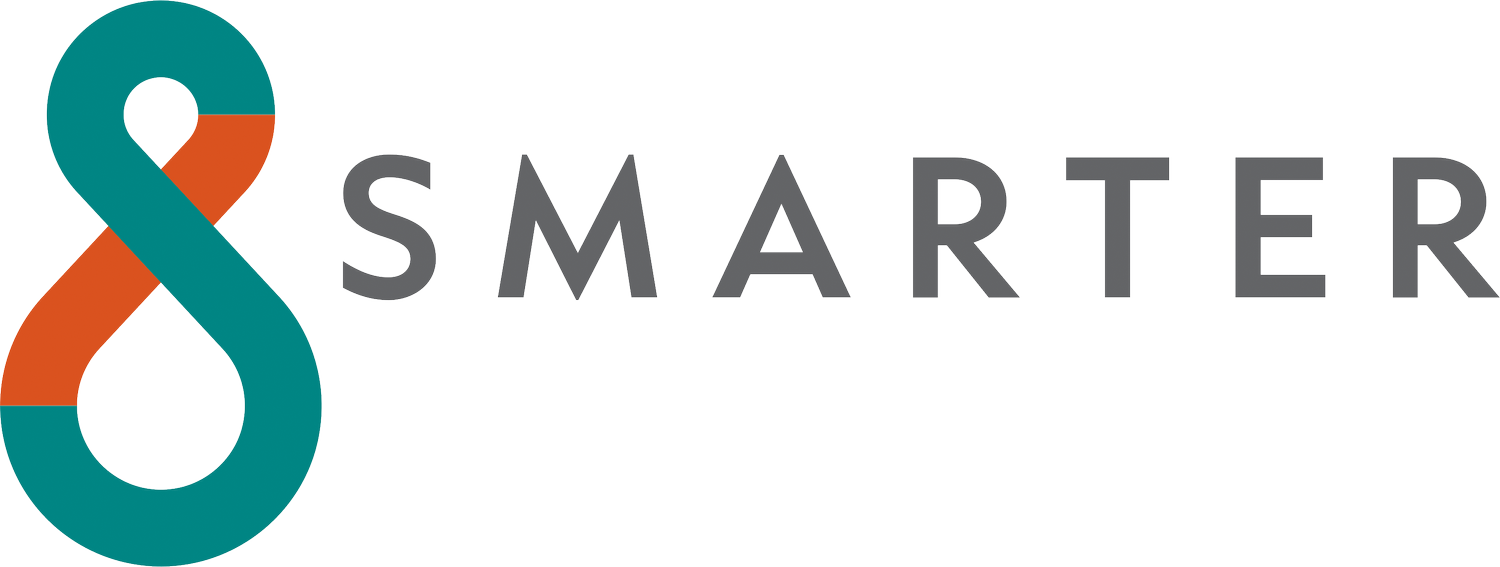Introducing SMARTER: A new EU project increasing resilience to climate change
SMARTER is a new EU-funded project working to advance climate adaptation across Europe through a systemic approach - one that recognises the connections between society, nature, technology and the economy.
Launched at the project kick-off in Ostend, Belgium in June 2025, the four-year project is bringing together 18 organisations from a network of 9 European cities and regions to co-develop tools and nature-based solutions for systemic climate adaptation. By tailoring these solutions to local ecological and social-economic needs, SMARTER is supporting the EU Mission on Adaptation to Climate Change’s goal to lead at least 150 European regions and communities towards climate resilience by 2030.
Through enhanced collaboration across different sectors and regions, our vision is for a future where communities, landscapes and sectors across Europe are well prepared and resilient to the impacts of a changing climate.
Why do we need to build climate resilience?
Europe is the fastest warming continent in the world, meaning climate risks such as heat stress, drought, wildfires and flooding are becoming more frequent. 2025 has seen some of Europe’s most extreme weather events, tripling heat deaths in cities across the continent and causing short-term economic losses of at least €43bn. So, while efforts to reduce greenhouse gas emissions must continue, we must also prepare for the increasingly unavoidable impacts of climate change.
The EU Mission on Adaptation to Climate Change recognises this, as do local, regional and national adaptation strategies. However, policy knowledge gaps, financial constraints and a lack of consensus have meant the implementation of climate adaptation solutions has been slow. To avoid worsening impacts of climate change and to protect our communities and nature, climate adaptation strategies must overcome these challenges.
Our approach to advancing climate adaptation across Europe
To accelerate climate adaptation, we believe that moving beyond isolated climate adaptation measures and embracing a more systemic approach – one that recognises the connections between people, nature and the economy – is imperative.
SMARTER’s systemic approach will help cities and regions build climate resilience on a quicker and larger scale. To achieve this, our research focuses on:
Working directly with local communities and municipalities in our Climate Adaptation Labs to identify the climate risks that they’re facing, and their broader impacts on people, landscapes and different sectors.
Applying and collating easy-to-use and replicable tools that will provide governments, urban planners, environmental professionals and other researchers with resources to support all phases of climate adaptation policy.
Prioritising nature-based solutions that not only benefit nature and the climate, but also support people’s wellbeing and economic sectors including housing, healthcare, education and tourism.
Identifying opportunities for collaboration by using modelling tools to understand the links between different sectors and regions as well as to locate and install adaptation measures optimally.
How SMARTER supports the EU Mission on Climate Adaptation
But, for climate adaptation to happen on a systemic level, we can’t work alone. As well as collaborating with leading experts, stakeholders, policy makers and communities within our project, SMARTER is also part of the EU Mission on Adaptation to Climate Change. Our 10 Climate Adaptation Labs directly contribute to the Mission’s goal to support at least 150 European regions and communities towards climate resilience by 2030.
Furthermore, by testing and implementing scalable and cost-effective solutions in real-world settings and facilitating collaboration and communication between different actors, the new frameworks and approaches we develop will allow our research to accelerate the systemic adaptation of climate resilient solutions and contribute to the Mission beyond the end of our project.
Our project is just beginning, but over the summer we’ve been planning initial meetings with stakeholders in each Climate Adaptation Labs and working to identify and understand the most significant climate risks they face.
Make sure to follow SMARTER on LinkedIn and sign up to our newsletter to be the first to hear of our systemic climate adaptation resources, news and tools.


